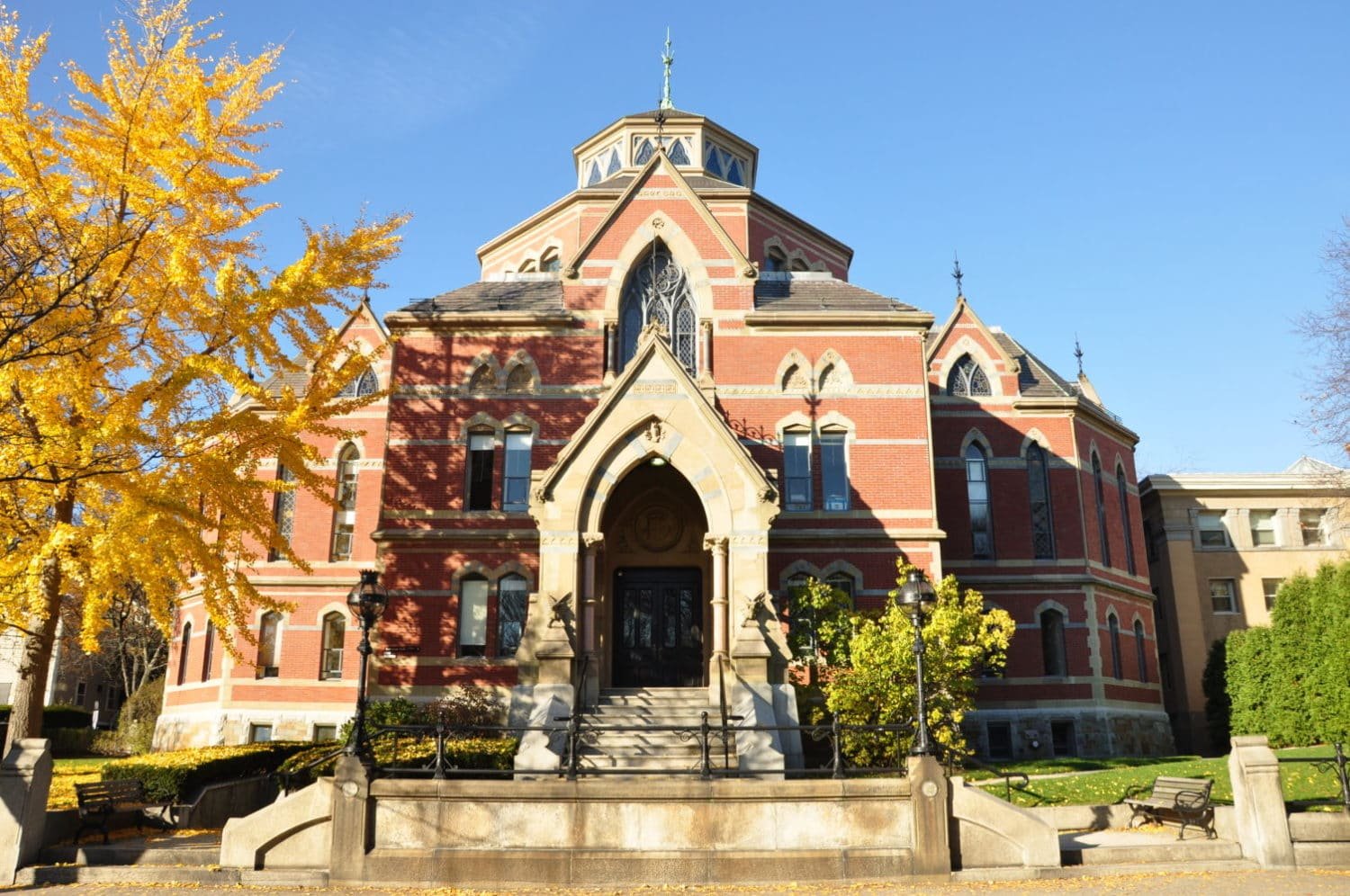Daniel Crowell: It’s Time for Brown to Pay Up
Taxpayers should not subsidize a playground for the elite Every few years, the people of Providence hear another tale of imminent financial doom. This time, Mayor Jorge Elorza insists that the city can fund pensions only by “monetizing” its tap water – that is, selling the Providence Water Supply Board to one of several bidders, which would almost certainly mean
March 21, 2019, 12:09 pm
By Daniel Crowell
Taxpayers should not subsidize a playground for the elite
Every few years, the people of Providence hear another tale of imminent financial doom. This time, Mayor Jorge Elorza insists that the city can fund pensions only by “monetizing” its tap water – that is, selling the Providence Water Supply Board to one of several bidders, which would almost certainly mean privatization and increased costs for ratepayers. It’s too bad, but according to Elorza and his allies, there is no choice.
Meanwhile, some Providence residents never got the austerity memo. Brown University has continued its 100-Year Plan to ensure that at least two sections of Thayer Street are always under construction. One recent addition is a four-story luxury apartment complex for well-heeled students. Around the corner is the Perry and Marty Granoff Center for the Creative Arts – a square, gray, sheet metal-themed monument to its namesakes that cost $40 million to build. As The Providence Journal reported, Marty Granoff also hosts exclusive dinners for the coolest and ultra-wealthiest kids at Brown, who are offered the chance to chat up millionaire alumni.
With all that money flowing into the school, you might expect Brown to pay taxes so Providence residents can get a few perks too – like, say, public drinking water. But Brown is a tax-exempt institution and would like to stay that way. Therefore it’s understandable that President Christina Paxson responded to the Journal’s exposé with an unapologetic defense of the university and of Granoff’s “generosity.” We are encouraged to forget that Granoff, a textile industry magnate, gained his fortune thanks to the labor of countless workers below him.
According to some Brown students and some of my fellow alumni, the trouble at our school is “classism” – a discriminatory attitude. By their reasoning, the super-rich are not the problem per se. Things would be fine if Granoff just invited the tiny minority of poor people who attend Brown to schmooze with the children of celebrity millionaires at his fancy dinners. This line of thought precludes any serious questions about class. Why do some people go to the food bank while others eat foie gras at an Ivy League university? Who knows.
Brown does admit middle-class Rhode Islanders like me, and I’m grateful for the financial aid that made my attendance possible. But the school is mostly populated by the upper crust: the median family income is $204,200 and 19 percent of students come from the top 1 percent. Children of rich alumni get priority admission. This is unlikely to change anytime soon because the school depends on the largesse of its donors.
Providence, on the other hand, can reject such gross inequality. Governor Gina Raimondo’s new budget proposal allows municipalities to tax “non-mission” properties of so-called nonprofits like Brown – organizations that get rich from private-sector wealth.
Currently, Brown pays a token sum to Providence through a voluntary agreement in lieu of taxes. That agreement ought to be annulled and replaced with compulsory taxation. Of course, some will argue we should just be grateful that Brown brings jobs to the city and that local businesses profit from wealthy visitors. While we do get those benefits, the university also drives up the cost of living, squeezing out working-class residents. And there is no serious risk of capital flight when you tax an elite college campus. Brown is not going to pack up the Main Green and move to Massachusetts.
Providence residents must demand that Mayor Elorza exhaust every opportunity to tax wealthy institutions such as Brown before he even thinks about privatizing city water. It’s the least he could do.






